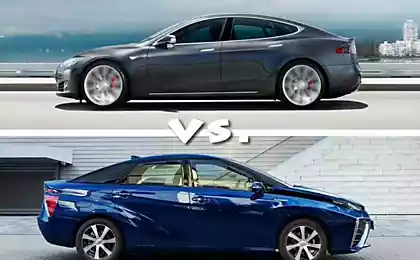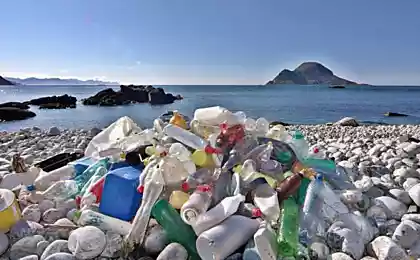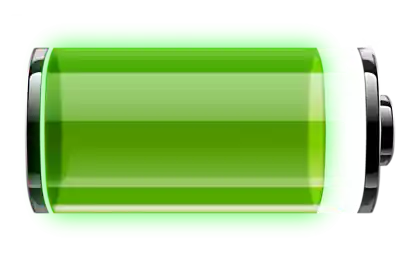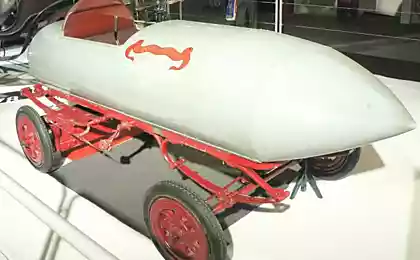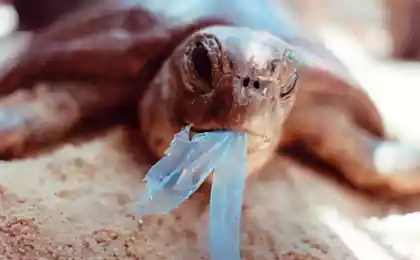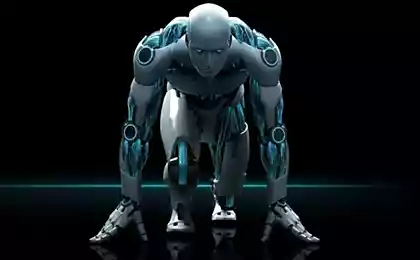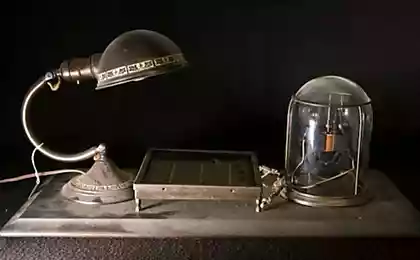485
In the future cars will drive on the sulfur
Conventional sulfur can form the basis of batteries of new generation. Finally electric cars will enter the reality of cities. In short: within the Korean American research project, scientists from the University of Arizona are exploring new chemical process, in which sulphur-based plastic to create a light that can find application in batteries for electric vehicles. Maybe even icemobile soon will acquire sulfur battery?
Scientists are looking for new ways to extract precious energy and bring it to appliances. Even sports records mankind learns to extract electricity.
The news about the creation of new material for the production of batteries shared with the press the head of the research team associate Professor Jeffrey Pyun. If the efforts of chemists succeed, the new generation of batteries will be lithium-sulfur (Li-S). These batteries will be lighter, cheaper and more energy efficient than those used in electric vehicles today. In the case of the introduction of the developed technology, it can find its application not only in electric cars, but in cars with a combined fuel.
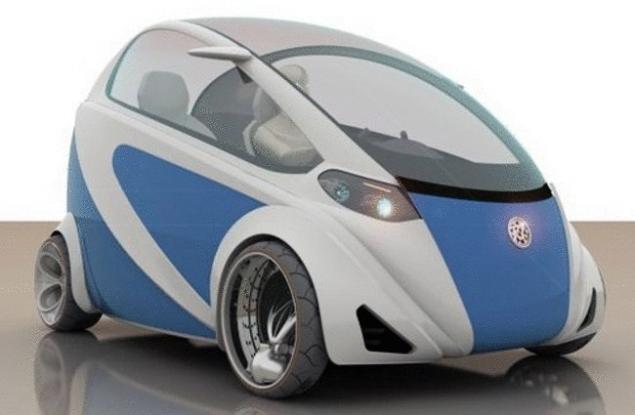
As you know, batteries are generally the weakest link of modern technology. This applies especially to electric cars. Modern batteries do not can accumulate enough energy. They are too expensive and too heavy. All of this slows down the spread of electric vehicles.
Meanwhile, electricity is playing an increasingly important role in our civilization. On electricity the TV works, it feed on smartphones and tablets, scientists believe that even the flowers the bees send electrical signals. And vehicles need a battery of inexpensive and not too heavy material. Maybe they will be sulfur, of which our planet enough?
In those industrial processes that use sulfur, often remain excess of this substance. Don't know where to put it. So, the problems with material for new food sources is not planned. Currently, the researchers have applied for an international patent application for outdoor them chemical process and materials for the production of polymer electrodes to be used in lithium-sulfur batteries.
The use of sulfur is not so simple. Its not easy to get to form stable long chain molecules (known as polymers). But associate Professor Pyun and his colleagues have compiled a list of two dozen chemicals. Scientists consistently test them and see which ones make better "polimerservice" sulfur.
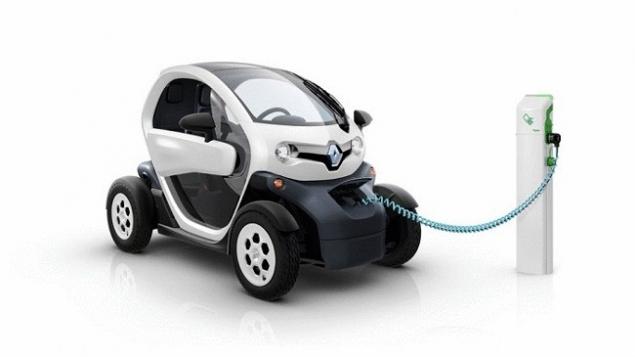
Now a new chemical process for simple referred to as "inverse vulcanization" because it requires mostly sulfur and a small amount of additives. As is widely known, is called the process vulcanization, making rubber more durable. In the usual vulcanization of sulfur is used in small amounts as an additive to rubber.
According to associate Professor of Pyun, plastic new type is more suitable for batteries than regular sulfur. Battery, the cathodes of which are made from conventional sulfur, can withstand only a limited number of charge cycles and then become useless.
The new plastic has better properties than pure sulphur, which is currently used in lithium-sulfur batteries. At least this is according to the researchers report. The new material provides a storage capacity of 823 mA-hours per gram, stored for hundreds of charge cycles.
Source: /users/740
Scientists are looking for new ways to extract precious energy and bring it to appliances. Even sports records mankind learns to extract electricity.
The news about the creation of new material for the production of batteries shared with the press the head of the research team associate Professor Jeffrey Pyun. If the efforts of chemists succeed, the new generation of batteries will be lithium-sulfur (Li-S). These batteries will be lighter, cheaper and more energy efficient than those used in electric vehicles today. In the case of the introduction of the developed technology, it can find its application not only in electric cars, but in cars with a combined fuel.

As you know, batteries are generally the weakest link of modern technology. This applies especially to electric cars. Modern batteries do not can accumulate enough energy. They are too expensive and too heavy. All of this slows down the spread of electric vehicles.
Meanwhile, electricity is playing an increasingly important role in our civilization. On electricity the TV works, it feed on smartphones and tablets, scientists believe that even the flowers the bees send electrical signals. And vehicles need a battery of inexpensive and not too heavy material. Maybe they will be sulfur, of which our planet enough?
In those industrial processes that use sulfur, often remain excess of this substance. Don't know where to put it. So, the problems with material for new food sources is not planned. Currently, the researchers have applied for an international patent application for outdoor them chemical process and materials for the production of polymer electrodes to be used in lithium-sulfur batteries.
The use of sulfur is not so simple. Its not easy to get to form stable long chain molecules (known as polymers). But associate Professor Pyun and his colleagues have compiled a list of two dozen chemicals. Scientists consistently test them and see which ones make better "polimerservice" sulfur.

Now a new chemical process for simple referred to as "inverse vulcanization" because it requires mostly sulfur and a small amount of additives. As is widely known, is called the process vulcanization, making rubber more durable. In the usual vulcanization of sulfur is used in small amounts as an additive to rubber.
According to associate Professor of Pyun, plastic new type is more suitable for batteries than regular sulfur. Battery, the cathodes of which are made from conventional sulfur, can withstand only a limited number of charge cycles and then become useless.
The new plastic has better properties than pure sulphur, which is currently used in lithium-sulfur batteries. At least this is according to the researchers report. The new material provides a storage capacity of 823 mA-hours per gram, stored for hundreds of charge cycles.
Source: /users/740
Found a way to reduce the harmful effects of the monitor on the eyes
Stress at work can be beneficial to Your health





